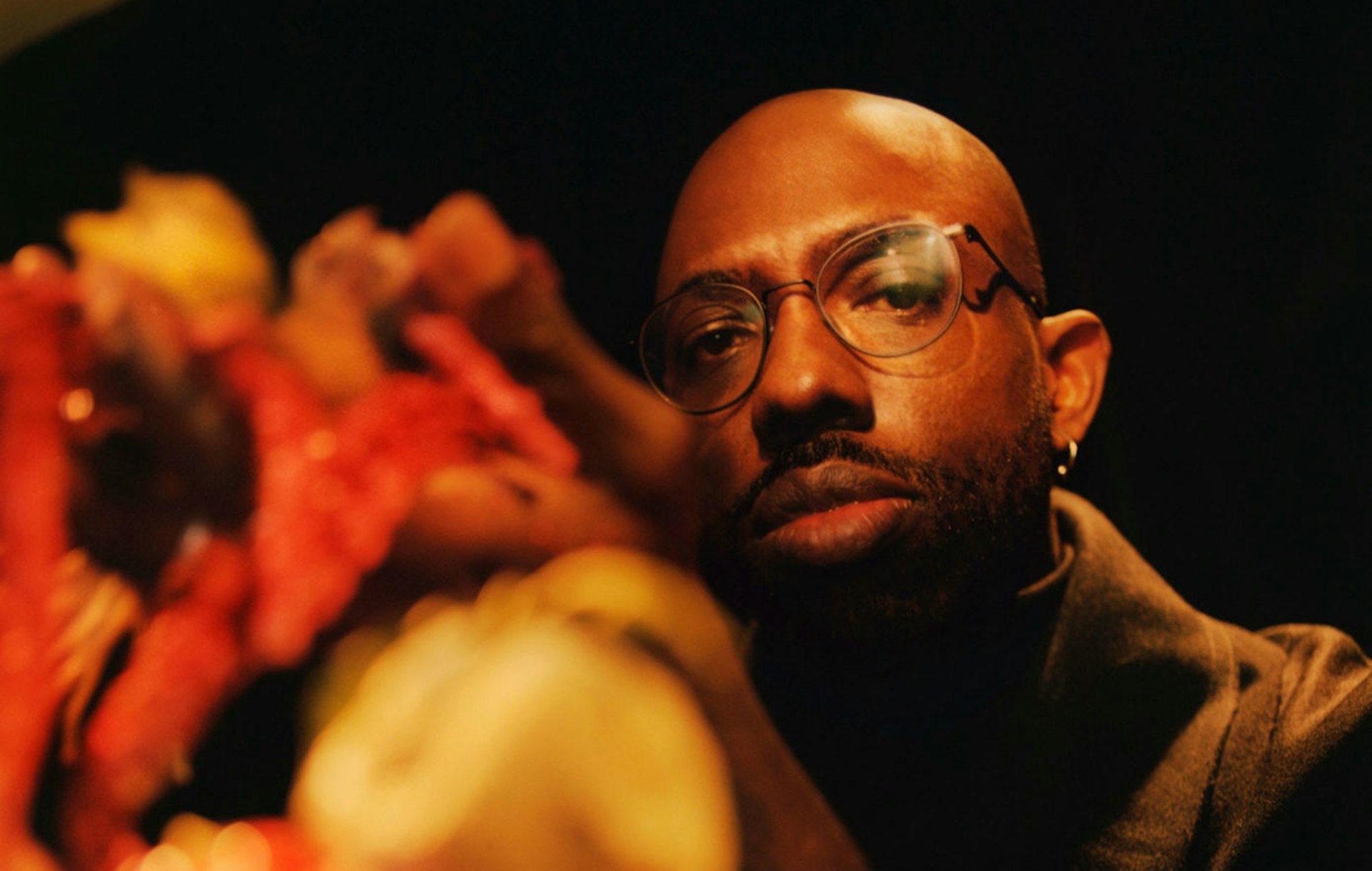
Joining the dots with South London songwriter Ghostpoet
- Text by Huck
- Photography by Emma Dudlyke / Press
Ghostpoet, the recording artist otherwise known as Obaro Ejimiwe, is a thoughtful, contemplative musician and wordsmith. Twice nominated for a Mercury Prize, the South Londoner has beaten a unique path; bopping and weaving between assumptions and the natural inclination of the music industry to classify and categorise. At the heart of his output is groove and intrigue – and it’s the kind of music to which you return to again and again.
We spoke with Ghostpoet as his latest album, I Grow Tired But I Dare Not Fall Asleep, was released, on the cusp of Covid-19’s UK peak and immediately after the killing of George Floyd. You can listen to the full interview on our podcast, or check out the highlights below.
On his creative process
“My creative process is a mixture of conscious thought and subconscious things I have soaked up over a period of time. Through allowing the music to dictate the direction of my words… a line will appear. And that will guide the next line, and the next verse, and then the chorus. I try to just let the music dictate to me where the lyrics should go.”
On the limitations of genre
“It’s not a case of me being a rebel, or refusing to be categorised. My natural inclination is to not think about genre. It doesn’t feel natural for me to understand why anyone would want to make music that is dictated by rules and parameters. This is how my head works. So if I decide, right, tomorrow I am Genre A, and maybe a little bit of Genre B, so that means I can only make music and write lyrics, to a certain extent, that only fit with A and B – but what about the rest of the alphabet, do you know what I mean? That is kind of how my brain works.
On rage and racial inequality
“I feel tired, angry, frustrated. This is something I have dealt with all my life, so you can get really desensitised to it all, because you’re dealing with it on a regular basis. I think as a human being, unless you have a heart of stone, you are going to be affected by someone being suffocated on camera for that period of time. That is definitely my feeling. But there is also a feeling that enough is enough, and things need to change.
It is sad that in 2020 we are still having to talk about this, but at least we are having a conversation about race and racial inequality and the need for racism to end in every shape and form. It is a nuanced, complicated and awkward, at times, conversation to have depending on your experiences and feelings about these things, but it is good to talk about them. And hopefully, actions will come about that will be a cause for long term change.”
On the power of music
“Making music for the first time was this really magical moment, because it was this idea that I could, out of nothing, create sound. This was a thing that I held in such a high regard. It was a mythical thing to be able to make it myself. The first bits of music I made were shit, they were nonsense. But just the fact that I was able to do it was a real eye-opener for me, and it started the journey for me analysing everything I was hearing in a very different way.”
Listen to Joining the Dots on acast, Spotify, iTunes, or wherever you get your podcasts and be sure to subscribe to get each new episode delivered straight to your feed.
Enjoyed this article? Like Huck on Facebook or follow us on Twitter.
